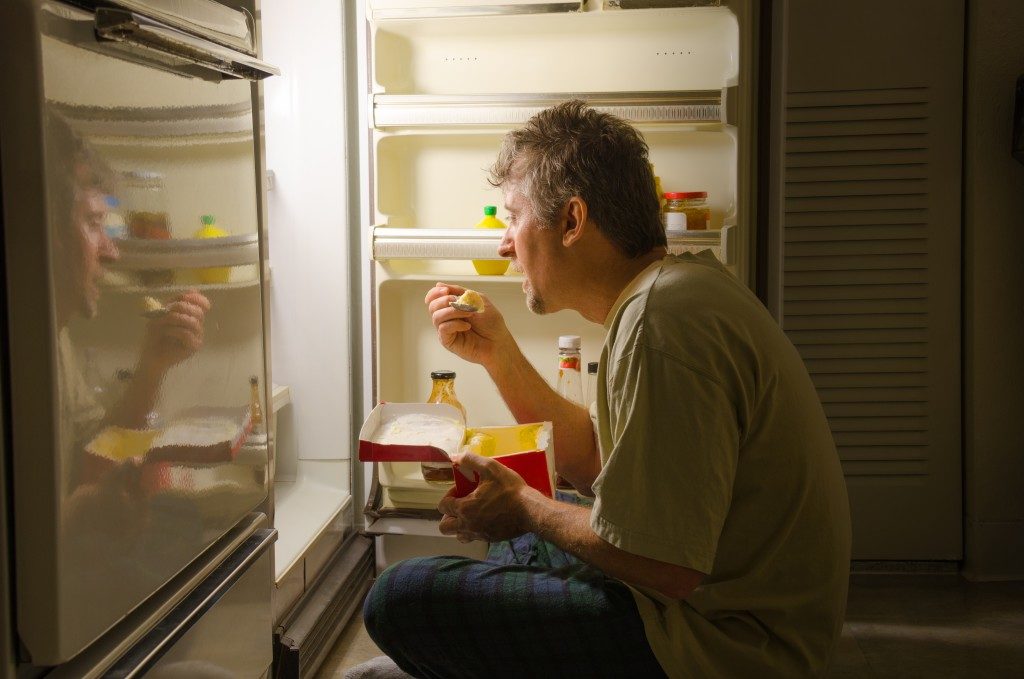Food is meant to be enjoyed. Food trips and tasting are a gastronomical adventure. More than the presentation, it’s the assortment of flavors that keep people coming back for more. Likewise, it is important for us to eat to help nourish us and to keep us up throughout the day. But too much of everything is bad, including eating.
When you eat too much more than you can handle, it can lead to obesity. For one thing, it can be frustrating to lose weight and then up eating a lot instead. Sadly, there are people who feel out of control when they eat. Thankfully, there are facilities and treatments that focus on binge eating disorder recovery.
The impact of binge eating
We need to eat food every day so that we will have the energy to get by throughout the day. As mentioned, food is there to be enjoyed. But sometimes, we tend to eat too much, especially if the food is that really delectable. On the contrary, eating should not be a cause of shame and guilt.
However, there is such a thing as binge eating disorder. A person with this condition tends to eat large food servings while feeling guilty during and after food consumption. It also happens when a person is stressed due to work or other personal reasons. In effect, it can take a toll on your mental well-being and feel more ashamed of yourself for lacking control over food.
People with this disorder also tend to eat even if they are not hungry and stop only you are too full. Some people even tend to binge eat to the point of gobbling up and rushing to finish your food. Contrary to bulimia, binge eating does not involve making up with excessive eating by forceful vomiting, over-exercising, or fasting.
As mentioned, binge eating often leads to obesity. It can also take a toll on your mental and emotional well-being. You may suffer from a lack of self-confidence and self-esteem and even depression or anxiety in the worst cases. However, there are ways to treat this condition and help improve your relationship with food.

Ways to recover from a binge eating disorder
Having this condition can be embarrassing and shameful for many people who have it. In effect, they often find it hard to admit that they actually have this condition and continue to binge-eat in secret. But if you want to recover from this condition, the first step is to accept the fact that you have it.
Your journey to recovery won’t be successful if you are not able to come into terms with your food struggles. Following that, here are some tips to help you recover from binge eating and develop a more sensible eating habit.
Listen to your body. Hunger and cravings are two different things. If your stomach is rumbling because you ate several hours ago, then you should eat. Otherwise, you need to let cravings pass to avoid overeating.
Do not eat because you are bored. When bored, avoid eating. Instead, make yourself productive by doing other activities like taking up a hobby or get on your feet for a run in the neighborhood.
Enjoy the food. After all, food is meant to be enjoyed. Savor the flavors and appreciate how it was made. Food should be a wonderful gastronomical experience and not something to be guilty of.
